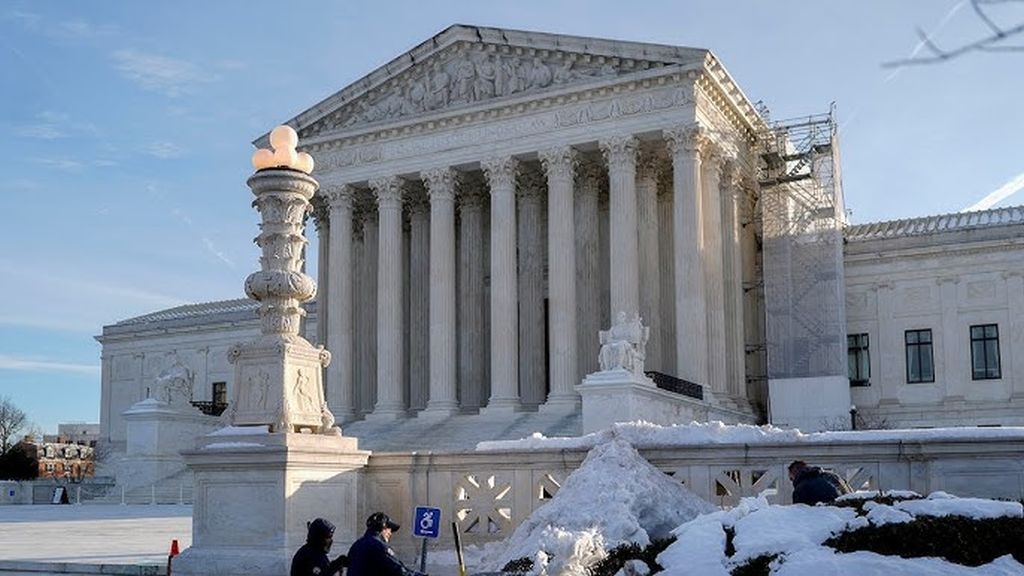WASHINGTON (UNITED STATES) (ITALPRESS) – A majority of the Supreme Court appears intent on upholding the controversial ban on TikTok because of concerns about its ties to China. Earlier today, the justices referred several questions to the social media app’s lawyer Jeffrey Fisher and a group of its content creators.
Jeffrey Fisher, a Stanford law professor representing the creators of the wildly popular app, reiterated the importance of the First Amendment, as well as citing all the creators who make money from TikTok: “The act and the reasons behind it defy our history and traditions,” Fisher said. “American creators have the right to work with the publisher of their choice.
After Fisher made his arguments, Chief Justice Josh G. Roberts is closely analyzing Fisher’s First Amendment argument, stating that Congress “doesn’t care what’s on TikTok,” but disagrees that a “foreign adversary” is collecting all this information about the 170 million people who use the platform in America.
Fisher responded to this remark by arguing that if data security were the main issue for Congress, then Chinese companies such as e-commerce sites Temu and Shein, which collect huge amounts of data on their users, would also need to be regulated.
Attorney General Elizabeth Prelogar, who represents the Biden administration, said in her opening statement that the Chinese government’s “control over TikTok” gives it a powerful weapon for covert influence operations.
According to Prelogar, the app poses a “serious threat to national security” because it collects “large amounts” of personal data that the company could be forced to hand over to the Chinese government.
So far, the United States has not provided public evidence showing that Chinese authorities have tampered with TikTok to obtain data on Americans or influence them.
The Justice Department said last year that several popular right-wing influencers on YouTube were unknowingly working for a company that was a front for a Russian influence operation. In September, TikTok said it removed accounts associated with Russian state media for engaging in “covert influence operations” before the U.S. presidential election.
U.S. officials and outside experts also cited examples of China-linked actors spreading fake news and social media posts.
During more than two hours of arguments, many justices are seriously considering the option of confirming the “sell or ban” law passed by Congress in April, not as a law that primarily violates the First Amendment, but rather as an attempt to regulate potential foreign control of an app used by 170 million Americans.
President-elect Donald Trump, who had previously attempted to ban TikTok during his first term in the White House, has asked the Supreme Court to stay enforcement of the law so he can pursue a “political resolution” to the issue.
The Supreme Court can normally take months to issue decisions, but this case the process should be much quicker, as the law is scheduled to take effect on Jan. 19, unless the high court steps in to temporarily block it.
– Photo: xp6/Italpress –
(ITALPRESS).

